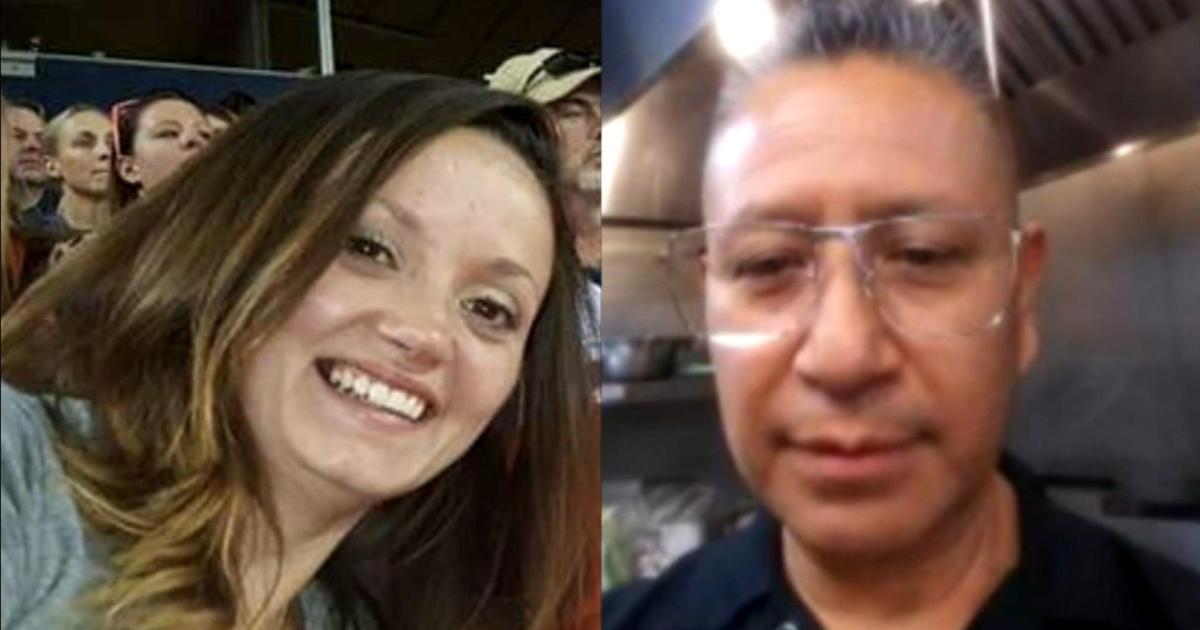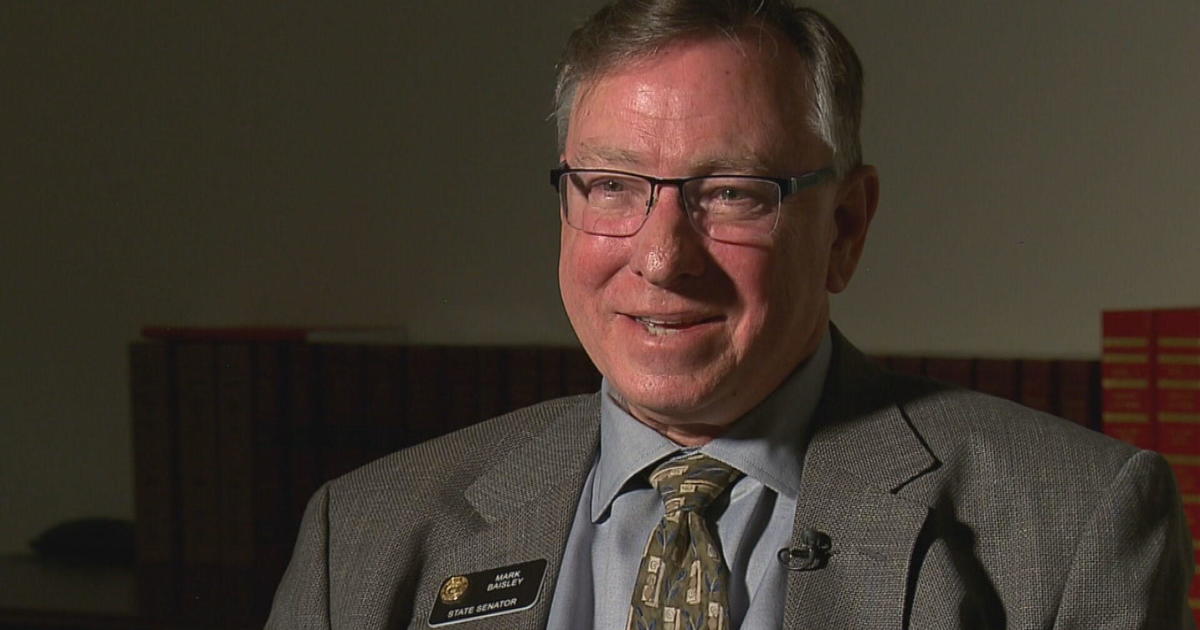Federal Court Hears Appeal On Canyonlands Park
DENVER (AP) — The federal government said Wednesday it has control over highway access in national monuments even if no official notice was given, in a case that could affect highway rights of way on federal public land across the country.
Aaron Avila, attorney for the U.S. Justice Department, told an appeals court panel Wednesday that the federal government had the right to close a disputed highway right of way in an ecologically sensitive streambed in Canyonlands National Park in southeastern Utah. He said no one objected when barriers were put up in the 1970s in parts of a canyon limiting access, even though there were other access roads.
Government supporters said the case could affect thousands of highway rights of way across federal public land nationwide, including areas that have been protected from roads and off-road vehicle use for years.
"The heart of the issue is whether the federal government land managers can manage land in national parks and national monuments," said Heidi McIntosh, associate director of the Southern Utah Wilderness Alliance, which backs the National Park Service.
She said it could take a year for the three-judge panel of the 10th U.S. Circuit Court of Appeals to issue an opinion in the case.
The National Park Service closed a stream in Canyonlands National Park to off-road vehicle use in 2005 because of water pollution, crushed vegetation, degraded wildlife habitat and other impacts.
San Juan County and the state of Utah sued the Park Service, arguing the government could not close the streambed to four-wheel-drive vehicles because it was a county and state highway.
The county says it maintained and improved the road for the public for decades before the park was established. The state also claims the road was used from the 1920s to run cattle and haul supplies to established cowboy camps and had been a road for visitors and uranium prospectors since at least 1954.
County attorney Shawn Welch told the court there was no official notice that the access route would be closed.
"Roadmaps clearly show it was used as a road," Welch said.
A trial court ruled that the few travelers who ventured up the stream before Canyonlands became a national park in 1964 did not convert the creek into a highway under federal law.
The Southern Utah Wilderness Alliance said the debate involves a repealed law passed by Congress in 1866 as a way to promote orderly settlement and development of the West and to recognize existing highways. The law was repealed in 1976, but it grandfathered in valid existing access rights.
The alliance and the nonprofit environmental law firm Earthjustice joined the lawsuit asking the appeals court to reject Utah's arguments. Grand Canyon Trust, The Wilderness Society, Sierra Club and the National Parks Conservation Association also joined the appeal.
Earthjustice attorney Ted Zukoski said in a statement the area is a rare desert gem with a plethora of archaeological sites, including ancient cliff dwellings.
Ecologists say other areas at risk include the Grand Staircase Escalante National Monument, Dinosaur National Monument and the Glen Canyon National Recreation Area, after Utah filed more than 20 lawsuits in May that include trails, cow paths, streambeds and abandoned prospector tracks.
(© Copyright 2012 The Associated Press. All Rights Reserved. This material may not be published, broadcast, rewritten or redistributed.)



